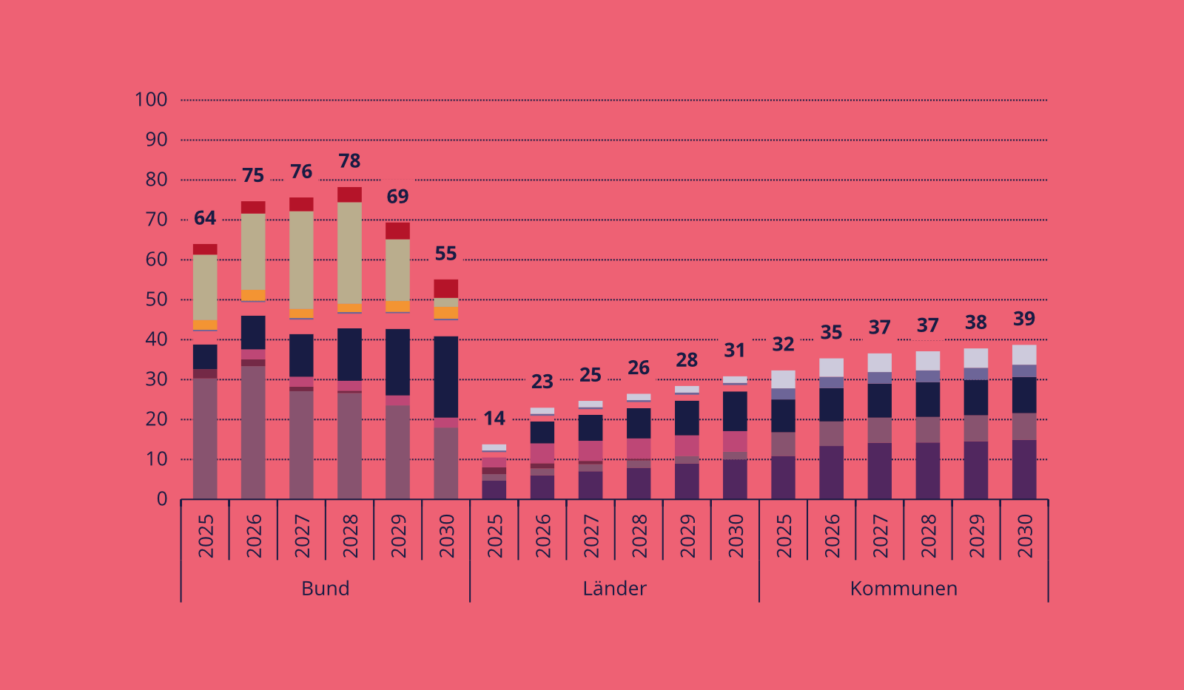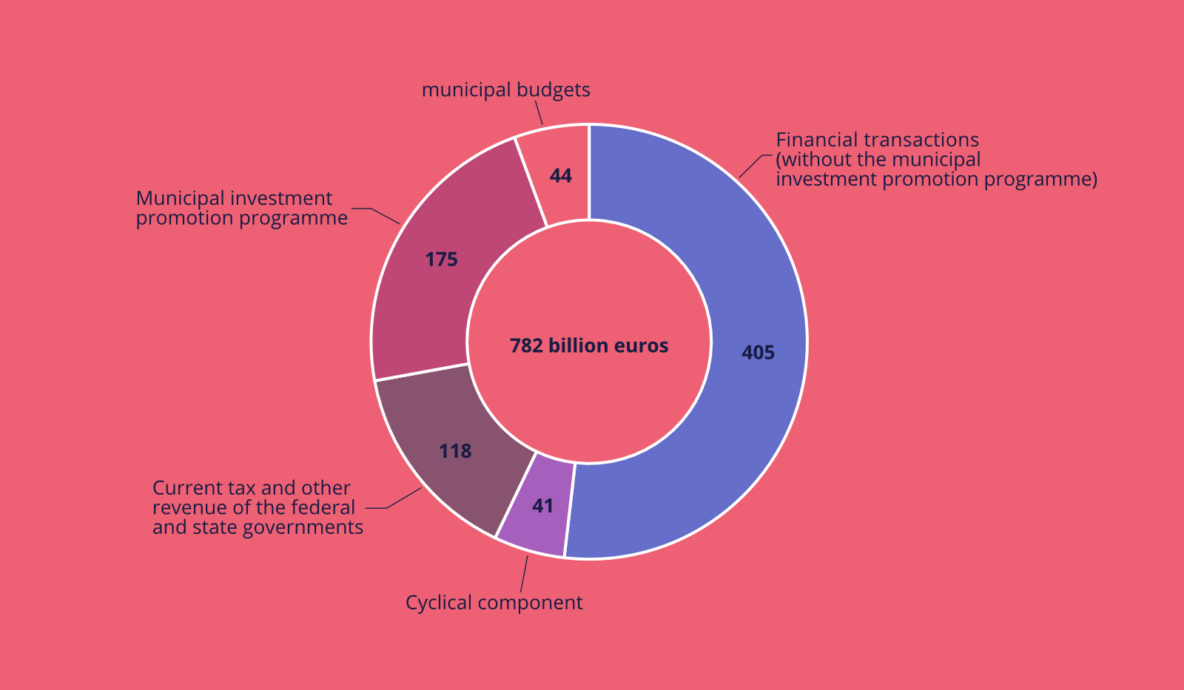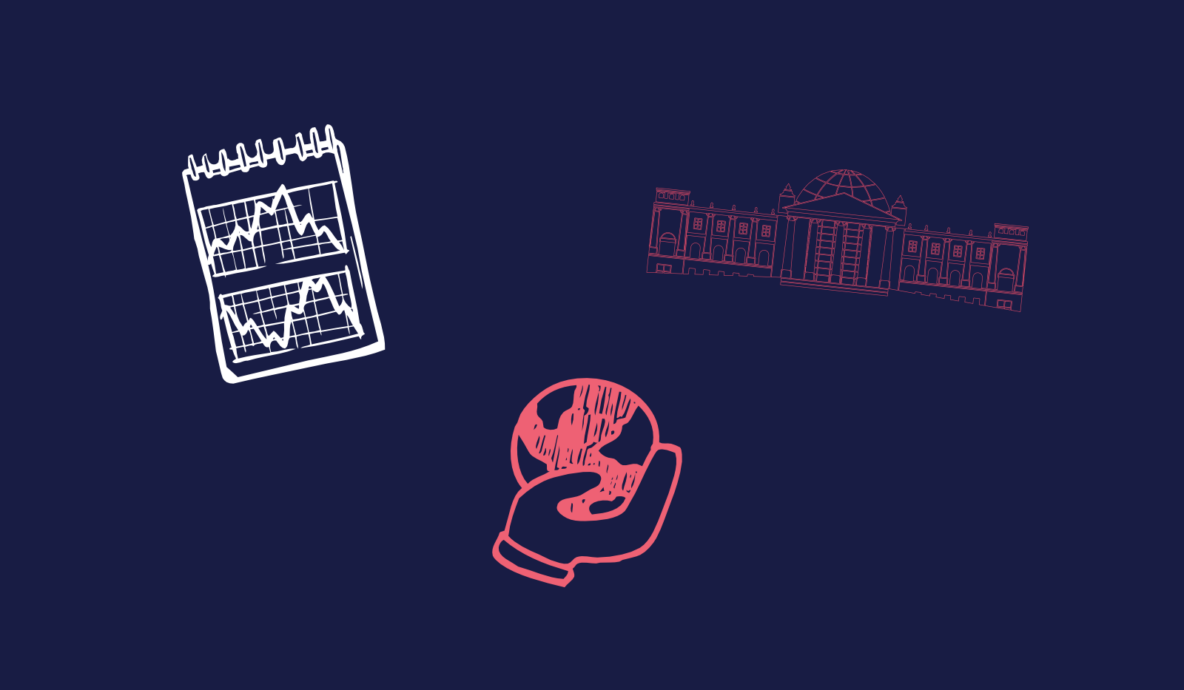Dieser Aufsatz zeichnet den Wandel der monetären Architektur und der damit einhergehenden Praxis der Emission von Staatsanleihen in Preußen und dem Deutschen Kaiserreich von 1740 bis 1914 nach, um die zeitgenössischen Vorstellungen über das angemessene Verhältnis zwischen dem Finanzministerium, der Zentralbank und dem privaten Bankensystem in Fragen der Emission von Staatsschulden zu beleuchten. Dazu werden drei Institutionen als „Protagonisten“ diskutiert – die Preußisch Königliche Bank, die Seehandlung und die Disconto-Gesellschaft – und durch vier Phasen der preußischen und deutschen Geschichte begleitet: das feudale Preußen von Friedrich II. bis zur Niederlage gegen Napoleon (1740–1806); von den Stein-Hardenberg’schen Reformen bis zur Märzrevolution (1807–1848); das nachrevolutionäre Preußen mit dem Aufstieg Bismarcks, seinen drei Kriegen und der Gründung des Deutschen Kaiserreiches (1849–1871); und Preußen im Deutschen Kaiserreich in der ersten Ära der Globalisierung (1871–1914). Vor dem Hintergrund der monetären Architektur als konzeptionellem Rahmen ergeben sich aus der Analyse drei wesentliche Erkenntnisse. Erstens haben bilanzexterne Fiskalagenturen (off-balance-sheet fiscal agencies, OBFAs) schon eine Schlüsselrolle bei der Emission und Verwaltung von Staatsanleihen gespielt, bevor sich Zentralbanken und Finanzministerien im modernen Sinne entwickelt hatten. Dies wird an der institutionellen Rolle der Seehandlung deutlich, die während der Napoleonischen Kriege als Erste mit der Emission von preußischen Staatsanleihen begann. Zweitens haben Zentralbanken innerhalb des öffentlich-privaten Spektrums im Laufe der Zeit ihre Rolle verändert. Die staatliche Preußische Königliche Bank wurde durch die Umwandlung in die hybride Preußische Bank wesentlich funktionstüchtiger und besser zu kontrollieren. Als sie 1875 in die Reichsbank umgewandelt wurde, entschied man sich für eine vollständig private Eigentümerstruktur. Drittens führten die wirtschaftliche Liberalisierung nach 1848 und die zunehmende notwendige Nutzung privater Mittel für die Kriegsfinanzierung zum Aufkommen der Konsortialemission von Staatsanleihen. Die Disconto-Gesellschaft, die eine zentrale Rolle im Preußen-Konsortium und im Reichsanleihekonsortium spielte, war führend daran beteiligt, ein neues Verhältnis zwischen privaten Finanzinstituten und dem Staat zu etablieren.





























